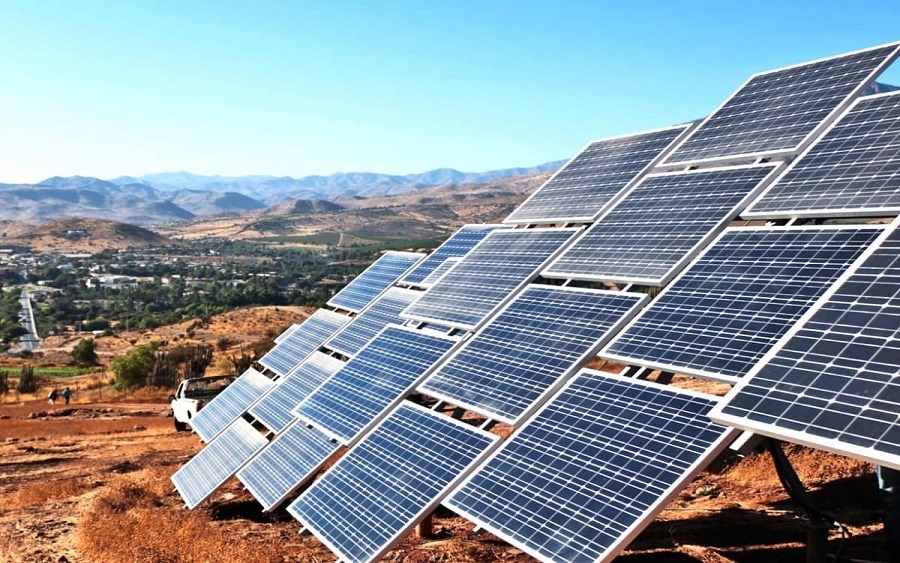There are no products in your shopping cart.
| 0 Items | £0.00 |


NIGERIA'S federal government has signed an interconnected mini-grid acceleration scheme (Imas) award grant agreement with eight indigenous solar grid developers under an ambitious plan to develop 23 mini-grids across 11 states of the federation.
Designed to combat Nigeria's chronic power supply problem, the deal is expected to improve electricity supply to rural communities in the country. When fully up and running, it will generate a 5.4KW peak to connect about 27,600 households and impact over 138,000 Nigerians over a two year period.
Costing €9.3m, the projects will be coordinated by the Rural Electrification Agency (Rea), with support from the European Union and the German government through the Nigerian Energy Support Programme (Nesp). Minister of state for power, Goddy Jedy-Agba, said that he was pleased with the development which is geared towards achieving the country’s vision of generating at least, 30,000MW of electricity by 2030.
He commended the management of Rea for their efforts and actions towards ensuring power reaches the off-grid communities in the country. Mr Jedy-Agba noted that the administration of President Muhammadu Buhari is always open to opportunities that will achieve the acceleration of electricity in Nigeria.
He maintained that according to the developed National Renewable Energy and Energy Efficiency Policy, the vision 30:30:30 aims at achieving 30,000MW of electricity by the year 2030, with renewables contributing 30 % of the energy mix. To achieve this, Nigeria will have to construct over 1,000 mini-grids of 100KW each.
While admitting that government cannot achieve the target alone, Mr Jedy-Agba said that it was important to continue to find creative and innovative ways to achieve it, one of which is through collaborating with development partners and the private sector. Engineer Ahmad Salihijo, the Rea managing director, said that the scheme is aimed at bridging the funding gap which is affecting indigenous developers in the renewable energy sector.